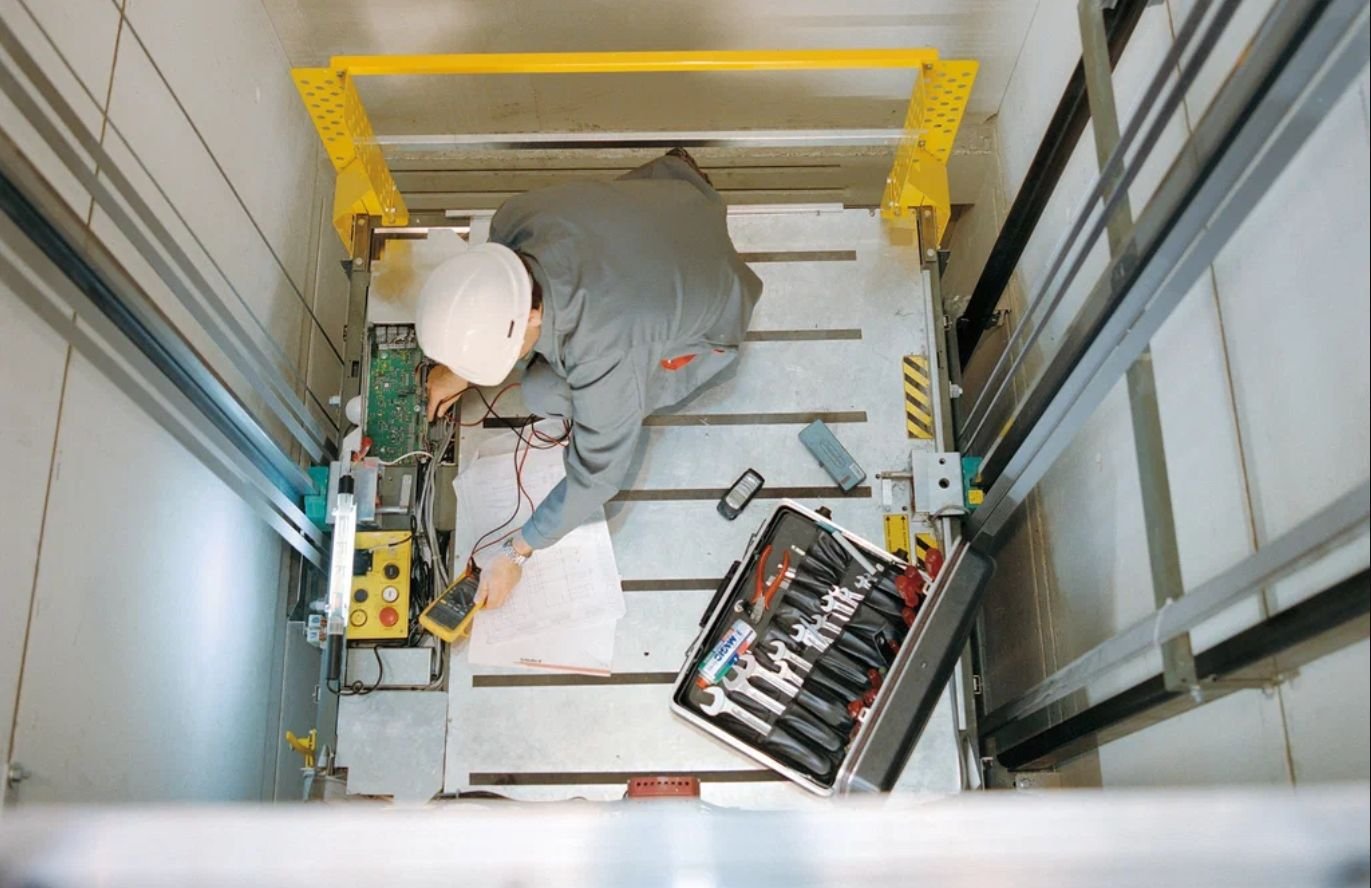Elevators are a vital part of modern infrastructure, seamlessly transporting people and goods in residential, commercial, and industrial buildings. However, like any mechanical system, elevators require regular maintenance to function efficiently and safely. Neglecting elevator maintenance can lead to costly repairs, safety risks, and even legal liabilities. This comprehensive guide delves into the critical aspects of elevator maintenance, its benefits, and best practices.
Why Elevator Maintenance is Crucial
- Safety Assurance
Elevators carry thousands of passengers daily. Regular maintenance ensures that all safety systems, including emergency brakes, door sensors, and alarms, are functioning correctly. Neglected systems can lead to accidents, putting lives at risk. - Compliance with Regulations
Building codes and safety standards, such as those outlined in ASME A17.1, mandate regular elevator inspections and maintenance. Failing to adhere to these standards can result in fines and shutdowns. - Prolonged Equipment Lifespan
Routine maintenance minimizes wear and tear, extending the life of the elevator system. Addressing small issues early prevents them from escalating into major repairs. - Cost Efficiency
Preventative maintenance is significantly cheaper than emergency repairs or complete replacements. A well-maintained home elevator operates efficiently, reducing energy consumption and operational costs. - Enhanced User Experience
A smooth and reliable elevator ride leaves a positive impression on users, whether they are residents, employees, or customers. Frequent breakdowns can tarnish the reputation of a building or business.
Key Components of Elevator Maintenance
- Mechanical Inspections
- Traction System: Checking cables, sheaves, and counterweights for wear.
- Hydraulic Systems: Inspecting pistons, fluid levels, and pumps for leaks or malfunctions.
- Brakes: Ensuring emergency and regular brakes engage and release properly.
- Electrical Checks
- Control Panels: Examining wiring, circuits, and relays for damage or corrosion.
- Sensors and Switches: Ensuring accurate floor leveling and smooth door operations.
- Lighting and Indicators: Replacing burnt-out bulbs and ensuring emergency lighting works.
- Safety System Tests
- Emergency Alarm: Verifying the alarm system and intercom functionality.
- Door Sensors: Ensuring doors reopen if an obstruction is detected.
- Speed Governors: Testing devices that prevent overspeeding.
- Cleaning and Lubrication
Regular cleaning and lubrication of components like guide rails, bearings, and gears reduce friction and wear, improving efficiency and lifespan. - Software and Modernization
Upgrading outdated software or mechanical components ensures compliance with current standards and optimizes performance.
How Often Should Elevators Be Maintained?
The frequency of maintenance depends on factors such as elevator type, usage intensity, and building location. Common schedules include:
- Monthly: For high-traffic buildings like malls and hospitals.
- Quarterly: For medium-use elevators in office buildings or apartment complexes.
- Bi-Annually or Annually: For low-use systems in private residences.
Best Practices for Effective Elevator Maintenance
- Hire Certified Professionals
Always work with licensed elevator technicians experienced in maintaining the specific type of elevator installed in your building. - Create a Maintenance Log
Keep detailed records of all maintenance activities, including inspections, repairs, and replacements. This helps in tracking the history of the equipment and planning future maintenance. - Schedule Regular Inspections
Proactive inspections can identify and address potential issues before they lead to breakdowns or safety hazards. - Use Genuine Parts
Replace worn or damaged components with original equipment manufacturer (OEM) parts to ensure compatibility and reliability. - Educate Users
Display clear guidelines for safe elevator use, such as avoiding overloading and reporting malfunctions immediately.
Signs Your Elevator Needs Immediate Attention
- Unusual noises during operation
- Slower response times or erratic movements
- Doors not closing or opening properly
- Frequent breakdowns or error messages on displays
- Uneven leveling with floors
Ignoring these warning signs can lead to further damage or safety risks.
Conclusion
Elevator maintenance is not just about keeping a building operational; it is a commitment to safety, efficiency, and long-term savings. Regular inspections and servicing ensure that elevators remain reliable, meet regulatory standards, and provide a positive user experience. By partnering with professional elevator maintenance providers, building owners can safeguard their investments and offer peace of mind to occupants.
Invest in regular maintenance today to avoid costly repairs tomorrow and ensure the safety of everyone who steps into your elevator.



